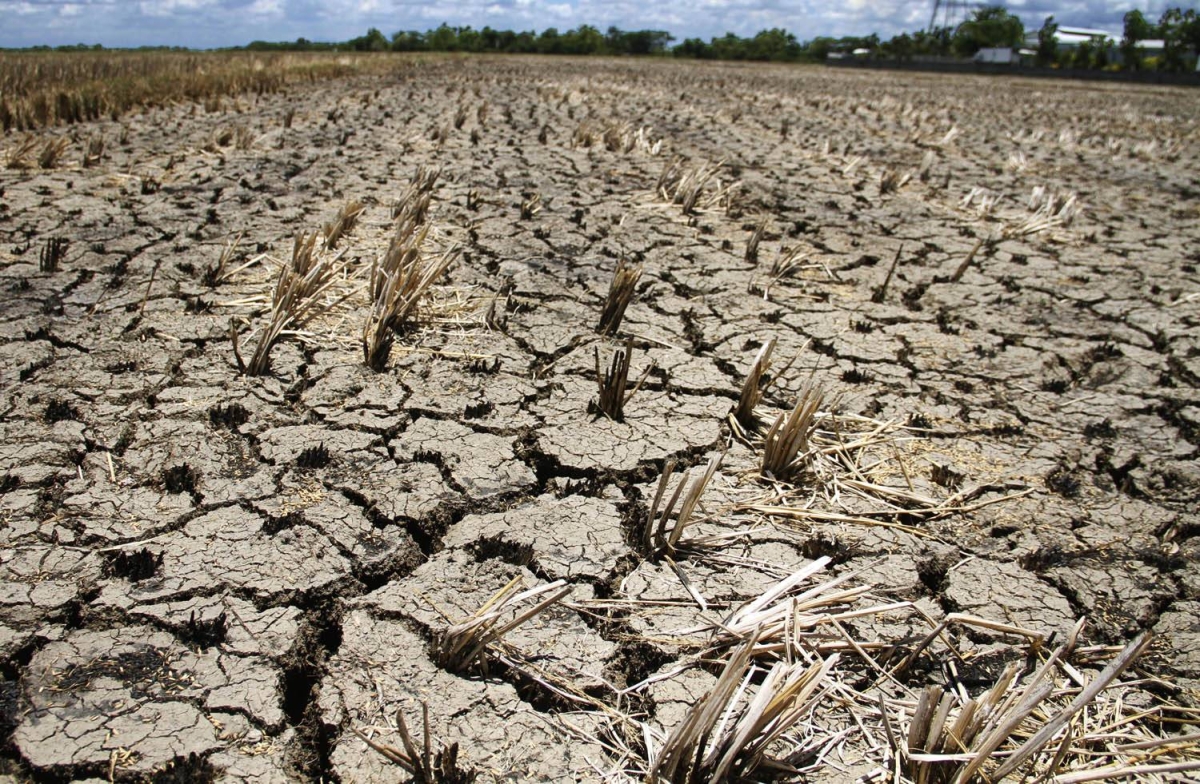The importance of collective efforts in mitigating the impact of the El Niño weather phenomenon, particularly on agriculture, has been stressed by Task Force El Niño, led by Defense Secretary Gilberto Teodoro Jr. Teodoro has emphasized the need for cooperation and coordination not only for El Niño but also for other emergency and disaster concerns.
Teodoro highlighted the necessity of strengthening public information to engage people in preparedness measures. In line with this, he directed all military camp commanders to conserve water as the nation begins to experience the effects of El Niño. Repairing facilities such as leaking pipes is essential to prevent water wastage, and Teodoro instructed all military personnel and their dependents living inside military camps to contribute to the whole-of-government approach in mitigating the effects of El Niño.
President Ferdinand Marcos Jr. appointed Teodoro as the chairman of the task force, with Science and Technology Secretary Renato Solidum as the co-chairman. The Department of Science and Technology and the Department of Information and Communications Technology will collaborate closely to ensure the effective use of the El Niño Platform.
Task Force El Niño was reactivated under Executive Order 53, which came into effect on January 19. The task force will formulate interventions for key sectors and take further actions to ramp up efforts in easing the impact of El Niño, especially in the provinces experiencing its effects.
According to the Philippine Atmospheric, Geophysical and Astronomical Service Administration (Pagasa), 41 provinces are being affected by El Niño. These provinces are facing different levels of dry conditions, dry spells, and drought. Some of the provinces experiencing dry conditions include Batangas, Laguna, Masbate, Oriental Mindoro, and Antique, among others. Provinces under a dry spell include Abra, Aurora, Bataan, and Metropolitan Manila, while those facing drought conditions include Apayao, Benguet, Cagayan, and Cavite, among others.
Pagasa has noted a decrease in the number of provinces affected by El Niño, from 50 on January 21 to 31 currently. However, the task force has emphasized the need to reinforce preparedness due to the strong and mature El Niño, which is expected to continue through February and likely persist until May.
Lead agencies such as the Department of Environment and Natural Resources (DENR), the Department of the Interior and Local Government (DILG), the Department of Energy (DoE), the Department of Health (DoH), and the Department of Agriculture (DA) have presented situation updates and interventions on various sectors, including water, public safety, energy, health, and food security.
DENR has reported that the water supply from the dams is still sufficient until May but has advised the public to conserve water. The department is actively monitoring water supply sources and working on establishing alternative water sources to ensure sustainability.
In conclusion, Task Force El Niño, under the leadership of Defense Secretary Gilberto Teodoro Jr., is taking proactive measures to mitigate the impact of El Niño on agriculture and other sectors. Through cooperation, coordination, and strengthened public information, the task force aims to engage the public in preparedness measures. With the collaboration of various government agencies, interventions are being formulated to address the challenges posed by El Niño. While the number of affected provinces has decreased, preparedness efforts remain crucial due to the strong and mature El Niño expected to persist for several months.







